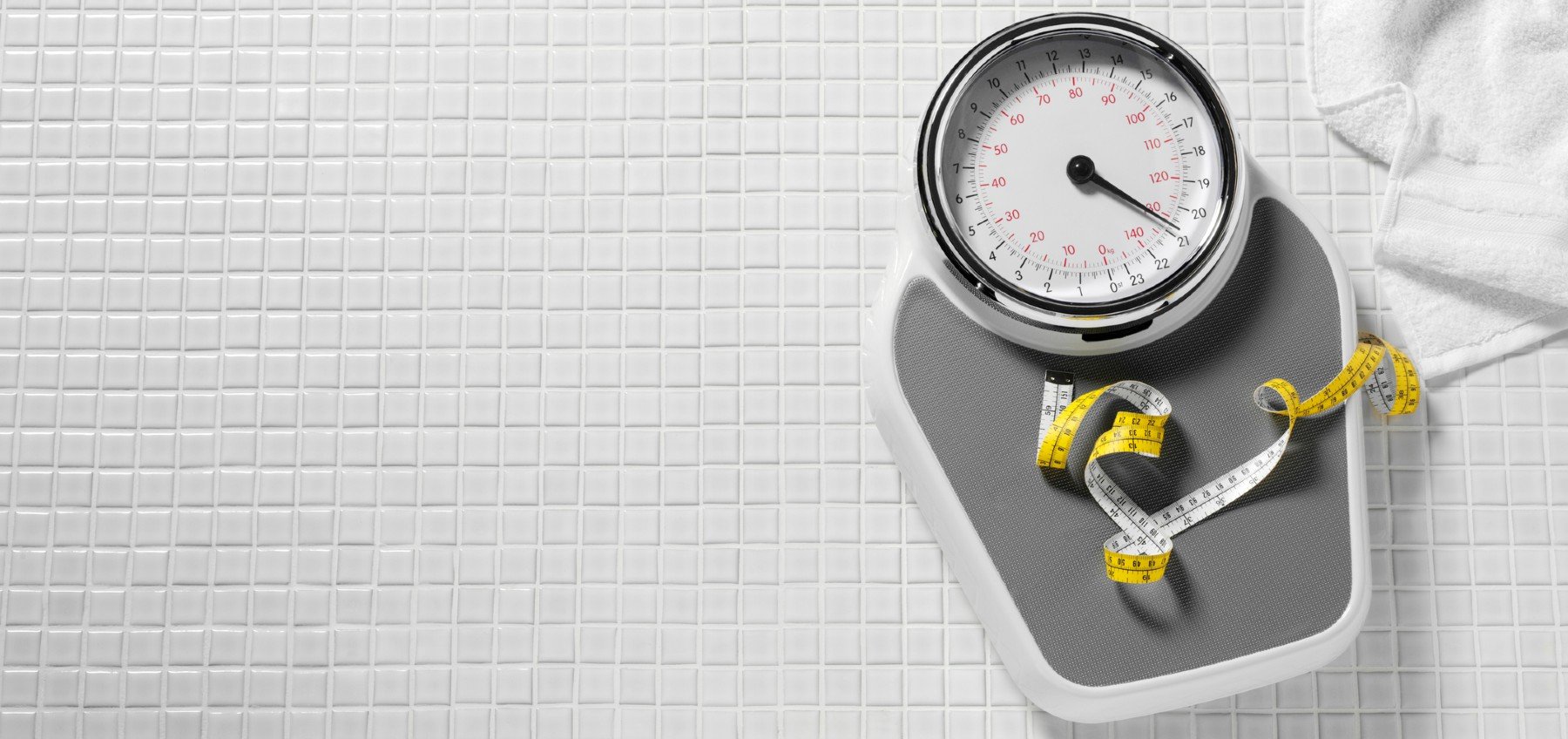One of the subjects most inundated by contradictory opinions that obscure the facts is how to lose weight. From “miracle” diets to pure and simply bizarre exercises, there is so much misinformation that questions and bewilderment about the best approach are frequent.
In this article, we will try to clarify this topic a little, clarifying how weight loss works, as well as giving an answer to the old controversy: what is more important to lose weight – diet or exercise?
How we lost weight
Our body is essentially an organic machine that changes in response to what it finds, what it consumes and the resources it has to use.
Every second of the day, our body uses energy to stay alive and healthy. Repairs and replaces cells, undergoing an immense number of constant chemical processes, produces heat, movement and more.
Our total daily energy expenditure is an estimate, calculated based on primary contributions – the basal metabolic rate, thermogenesis (the thermal effect of food), programmed exercise and thermogenesis by unscheduled physical activity.
The foods we consume contain nutrients that can be broken down and used to produce the energy that sustains the body. When we consume too much food, there is an excess of energy, which is stored. When we don’t consume enough food, energy reserves and other structures (sometimes muscle tissue, at times of more severe deprivation) are broken down to produce energy.

Basically, if we are consuming less energy in the form of food than what we are spending, we will lose weight.
Exercise for weight loss
When we mention the things that the body “finds”, we are thinking about external stimuli that cause adaptations in the body – exercise being the most relevant of all.
This is important to emphasize that not all excess food will be stored as fat. If the body is responding to a stimulus such as exercise, nutrients may be used to form new muscle tissue and to restore damaged muscle tissue. 1 Additionally, the excess energy consumed can be used to restore internal carbohydrate reserves, as these are more valuable than additional fat reserves. 1
The idea that any weight gain corresponds to fat is erroneous. In fact, a fairly consistent excess of food is needed to store a significant amount of fat. Daily fluctuations in weight are mostly due to food and water (influenced by the consumption of salt and food) that travel at any given time through our digestive system.
Long-term changes in weight may also be due to changes in our muscle mass and even bone mass. A higher number on the scale is not always something to fear, nor should it be seen as the only indicator of progress when trying to lose weight.
Arguments: ‘exercise vs. diet ’
The main argument when it comes to the topic of diet vs. exercise is that it is simply impractical to do an amount of exercise such as to compensate for a significant caloric excess. Or, as it is sometimes said, “you can’t get over a bad diet by running”.
In a practical sense, this is true – have you ever tried to “burn” a 1200 kcal pizza? Good luck to these 10 trillion burpees…
But things are not so simple, since the amount of energy we get from food depends on its constitution of nutrients and what part of it we store in the form of fat, which, again, depends on the stimuli and our body’s distribution of nutrients.
In practical terms, however, it is more viable to create a calorie deficit through diet. Simply start eating less (or, if you are careful to keep track of what you eat, eat less than necessary to maintain weight).
The level of restriction that you will impose on your own food, in this sense, will depend on your goals and degree of tolerance. The greater the deficit, the faster the weight loss will be, but the more impact you will also feel in terms of hunger, performance, recovery, possibly the amount of lean mass and the relationship with food.
The more conservative the diet, the longer weight loss will take, but the greater the likelihood of keeping all these factors intact, as well as feeling less hungry and less cravings for food.
Because both are important
While it is easier to create a calorie deficit to start weight loss through diet, both diet and exercise seem to be important for long-term success (especially when the goal is to stay in shape or with a physical well-defined).
Large-scale analysis studies (meta-analysis) looked at the combined data from various weight loss programs, comparing those that were based solely on diet, exercise alone, or a combination of the two. 2
It was found that while the short-term diet and mixed programs achieved similar results, the mixed programs were the only ones that achieved successful weight loss in the long run. This highlights the importance of focusing on healthier behavior in general, rather than radical short-term solutions.
Yes, a rapid initial weight loss can increase motivation, but it is usually followed by an equally rapid weight regain (because it is largely due to changes in water, carbohydrates and food present in the digestive system), which can be discouraging to a corresponding extent.
If your goal is long-term weight loss, focus on developing both a healthier diet and an exercise routine, not just one of these components in isolation. Food may be the most influential factor in your weight and amount of body fat, but do not neglect the value of exercise in preserving and promoting the development of muscle mass and in protecting and stimulating bone mass density.

Final Message
So, the most appropriate answer to our initial question – whether the most important for weight loss is food or exercise – has to be “both”.
There are many different factors to consider when it comes to weight loss and management, but all of them will be covered if we simply focus on developing healthier habits.
A diet oriented towards weight management and that puts us towards our goals (without sacrificing the social experiences and pleasures of food on certain occasions) and a consistent and fun exercise routine (and progressive, depending on the person) and your goals) is a guaranteed path to success.
The scale is just one of the numbers – it doesn’t always reflect our progress or health, and we should always remember that.

